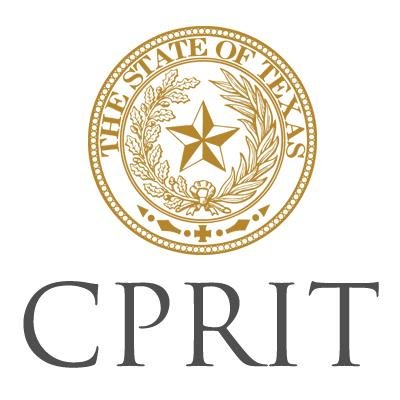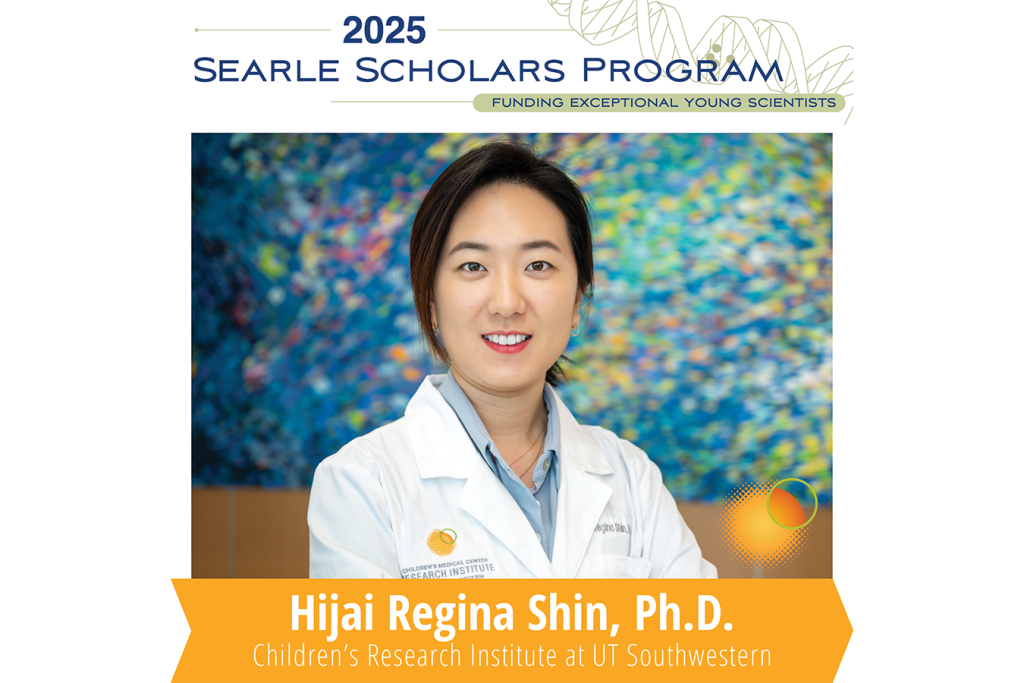
Children’s Medical Center Research Institute at UT Southwestern (CRI) has been named by the Dallas Regional Chamber as a 2014 Innovation Catalyst award recipient, given annually to a company or institution that strengthens the region’s capacity for innovation. CRI is a joint venture established in 2011 that builds upon the comprehensive clinical expertise of Children’s HealthSM Children’s Medical Center Dallas and the internationally recognized scientific excellence of UT Southwestern Medical Center.
“We are honored that the Dallas Regional Chamber has selected Children’s Research Institute for the Innovation Catalyst award,” said Dr. Sean Morrison, Director of CRI, holder of the Mary McDermott Cook Chair in Pediatric Genetics at UT Southwestern, and a CPRIT Scholar in Cancer Research. “As we continue to recruit the best scientists, take risks to solve important problems and integrate science with medicine, we are creating a culture of innovation at CRI that is yielding exciting discoveries and profound opportunities.”
Currently employing 70 biomedical researchers and staff, CRI has succeeded in recruiting top tier faculty in each of its first three years of operation, including Dr. Ralph DeBerardinis, Associate Professor with the Children’s Medical Center Research Institute at UT Southwestern and the Eugene McDermott Center for Human Growth and Development, and Pediatrics; Dr. Woo-Ping Ge, Assistant Professor with the Children’s Medical Center Research Institute at UT Southwestern, and Neuroscience and Pediatrics; Dr. Jian Xu, Assistant Professor with the Children’s Medical Center Research Institute at UT Southwestern, and Pediatrics; and Dr. Hao Zhu, Assistant Professor with the Children’s Medical Center Research Institute at UT Southwestern, and Internal Medicine and Pediatrics.
A number of high impact discoveries have already been made at CRI. So far in 2014, CRI researchers have published 18 papers in scientific journals, of which five were published in the highest impact journals. In 2013, CRI researchers published 24 papers in scientific journals, of which 10 were published in the highest impact journals.
CRI’s published discoveries are already leading to clinical trials to test new therapies for incurable diseases, including a Phase 1B clinical trial that is now underway to assess a novel drug combination in stage IV melanoma patients based on discoveries made in Dr. Morrison’s laboratory.
In 2013 CRI launched a Genetic and Metabolic Disease Program led by Dr. DeBerardinis, in collaboration with Children’s Medical Center Dallas and the UT Southwestern Department of Pediatrics. The goal of the program is to improve the diagnosis and treatment of children who suffer from inborn errors of metabolism by applying cutting edge genomic and metabolomic technologies to identify the genetic defects in undiagnosed children, and to understand their consequence for metabolic pathways.
CRI researchers also have been exceptionally successful at leveraging philanthropic investments with extramural grant funding from the Cancer Prevention and Research Institute of Texas, the National Institutes of Health, the Howard Hughes Medical Institute, and other medical research organizations. Overall since its inception, CRI has attracted $37 million in extramural grant funding, an exceptional figure for a new institute.
About CRI
Children’s Medical Center Research Institute at UT Southwestern (CRI) is a joint venture established in 2011 to build upon the comprehensive clinical expertise of Children’s HealthSM Children’s Medical Center Dallas and the internationally recognized scientific excellence of UT Southwestern Medical Center. CRI’s mission is to perform transformative biomedical research to better understand the biological basis of disease, seeking breakthroughs that can change scientific fields and yield new strategies for treating disease. Located in Dallas, Texas, CRI is creating interdisciplinary groups of exceptional scientists and physicians to pursue research at the interface of regenerative medicine, cancer biology and metabolism, fields that hold uncommon potential for advancing science and medicine. More information about CRI is available on its website: cri.utsw.edu.



